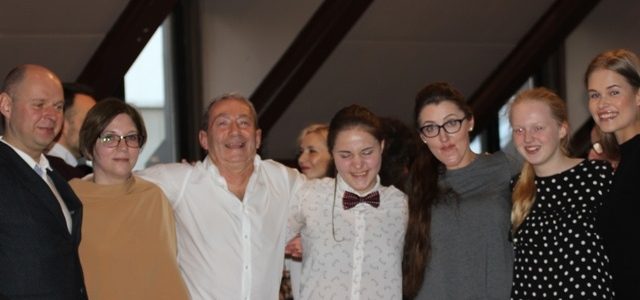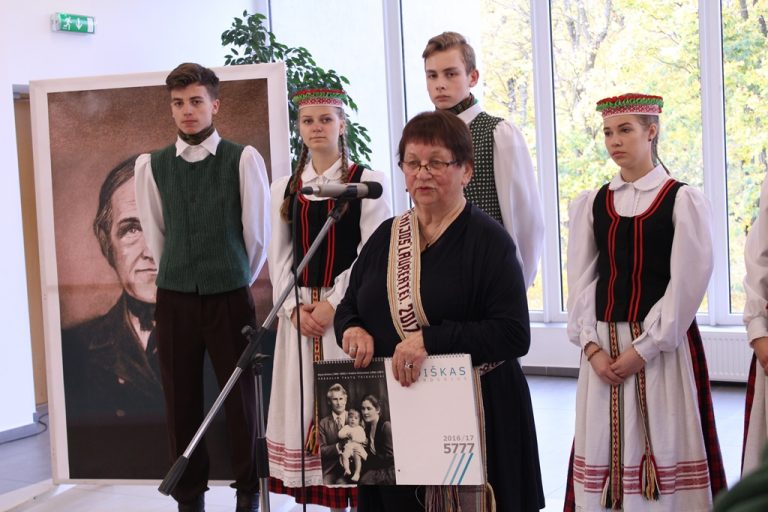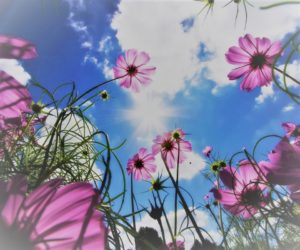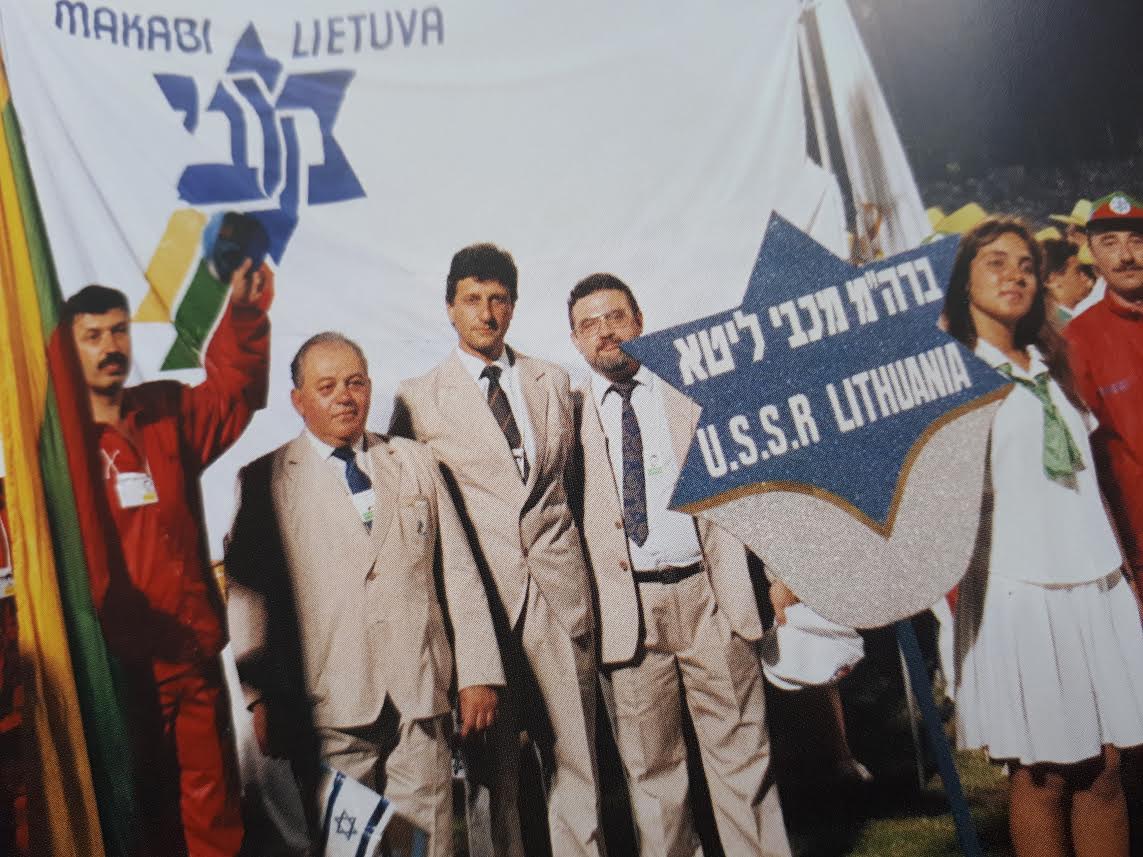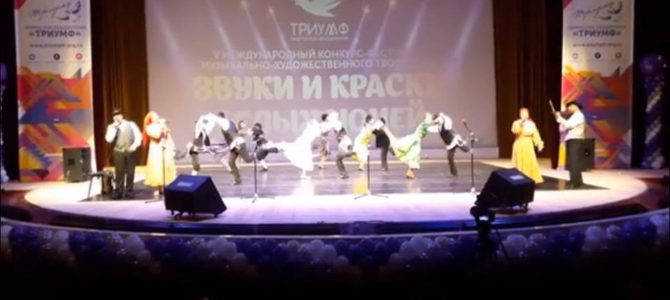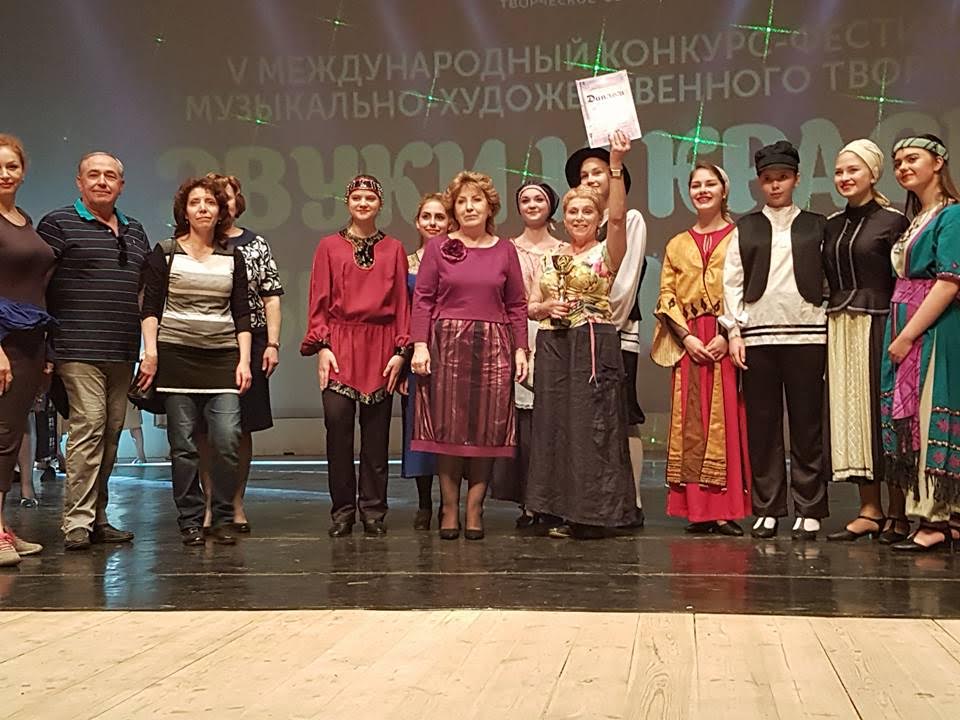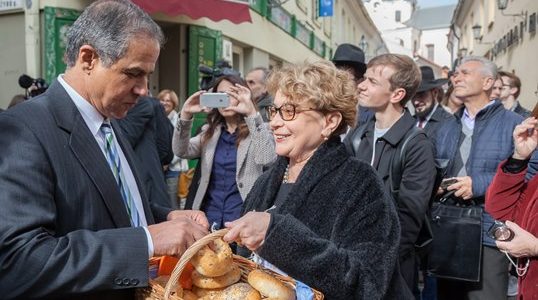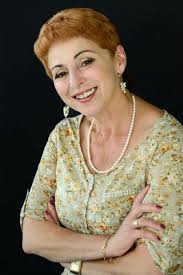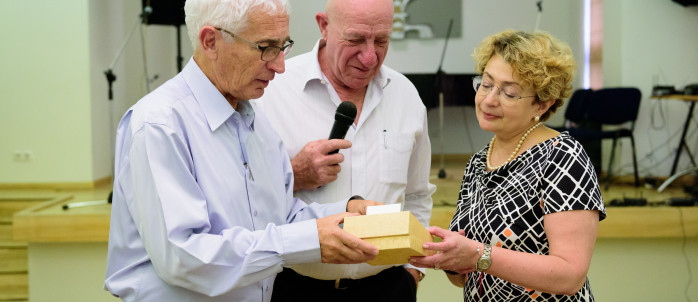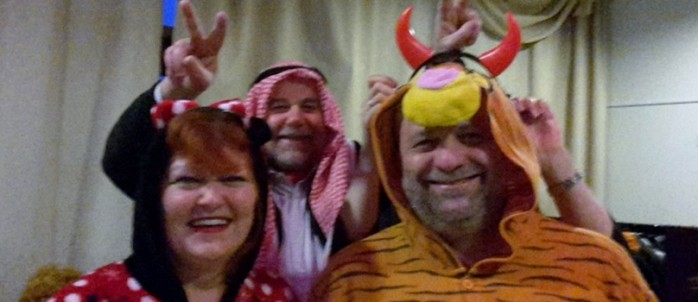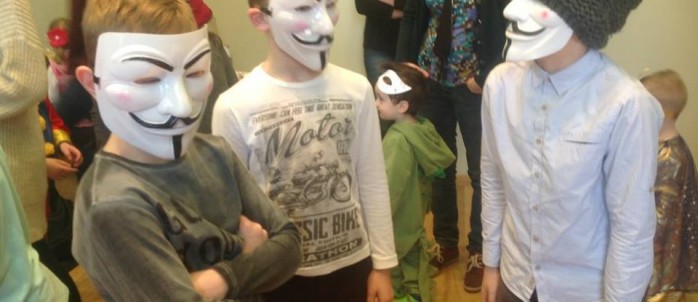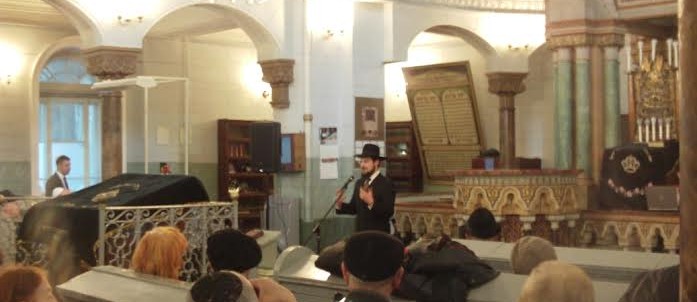Press release
The Lithuanian Jewish Community invites the public to attend an event dedicated to the Jewish shtetls of Lithuania to commemorate and remember together this period of Lithuanian history, interesting and dear to us but cut short by the Holocaust and which has become a subject of academic interest and heritage protection.
The theme of this year’s European Day of Jewish Culture on September 3 as confirmed by the Cultural Heritage Department to the Lithuanian Ministry of Culture is “The Diaspora and Heritage: The Shtetl.” This is an intentional, mature and topical choice for a country where the life of the largest ethnic and confessional minority, of the Jews, thrived namely in the Lithuanian shtetlakh until 1941.
The Lithuanian Jewish Community will host an event called “Shtetlakh of Lithuania” on the third floor of the community building at Pylimo street no. 4 on September 3 to celebrate the European Day of Jewish Culture in 2017.
The event will kick off with a bagel breakfast and a presentation and tasting of authentic Jewish recipes at the Bagel Shop Café on the first floor at 9:00 A.M. Following that everyone is invited to attend a short Yiddish language lesson. A brunch awaits the graduates at the Bagel Shop Café. At 2:00 P.M. guest speakers will begin delivering free public lectures on the shtetlakh of Aniksht (Anykščiai), Eishishyok (Eišiškės), Sheduva (Šeduva) and Vilkovishk (Vilkaviškis) and what remains of them. A challa-baking lesson and presentation of the Bagel Shop Café’s new ceramics collection begins at 4:00 P.M. The Jewish song and dance ensemble Fayerlakh will perform a concert at 6:00 P.M.
The Rakija Klezmer Orkestar will also perform a concert at 3:00 P.M. in the Šnipiškės neighborhood of Vilnius.
More information available here.
“The reality in Lithuania is that If you want to learn more about the material and immaterial cultural heritage of a given town in Lithuanian (including the architectural features and aura of buildings, demographic changes and consequent changes in the structure of the town, changes in political structure and the ensuing canonization of ideologized development patterns), you will, unavoidably, run into the word ‘shtetl.’ You will find no better opportunity to understand what this is and to discover the shtetl in the features of buildings still standing in the towns than the events for the European Day of Jewish Culture on September 3,” director of the Cultural Heritage Department Diana Varnaitė said.
The word shtetl is an old Yiddish diminutive for shtot, city, meaning town. The towns of Lithuania where Jews comprised half or the majority of the population, characterized by Litvak energy and the bustle of commercial activity, are often called shtetlakh, the plural of shtetl. It’s thought shtetls evolved into their modern form in the 18th century. Malat, Kupeshok, Zosle, Olkenik, Svintsyan, Vilkomir, Gruzd, Eishyshok, Utyan–these are just a few of the surviving Lithuanian towns.
Lithuanian Jewish Community chairwoman Faina Kukliansky recalls her parents’ shtetl:
“We didn’t travel to my grandparents’ village in the summer. We didn’t have any ebcause they were murdered in the Holocaust, or had moved from their shtetlakh to Vilnius or Kaunas because they could no longer live there without their loved ones and friends lying in the pits together with the bodies and souls of the other unfortunates.
“The Kuklianskys who survived, however, my father, my uncle who hid in trenches from the Nazis near the shtetl of Sventiyansk, were rescued by local village people, but for their entire lives longed for their home on the banks of the Ančia River in Veisiejai, Lithuania. There was no place happier or more beautiful than their native shtetl. Perhaps because their mother hadn’t been murdered yet.
“The eyes of my mother, who was born in Keydan (Kėdainiai) and spent her childhood in Shavl (Šiauliai), her eyes used to just shine when she remembered how they used to go to the ‘spa town’ of Pagelava near Shavl in horse-drawn cart.
“The shtetls… are no more. Now there are cities and towns, but they have no rabbis, no yeshivas, synagogues or Jews… all that remains is love for the place of one’s birth, but love is stronger than hate. The memories remain, too, and without them we wouldn’t be commemorating the shtetls and their inhabitants.”
Those who seek to find the traces of the lost and concealed presence of the Jews only have to find their way to the center of a Lithuanian town, to the old town, where the red-brick buildings still stand. All of the old towns of the small towns were built by Jews. The same goes for the former synagogues, schools, pharmacies and hospitals.
Cultural heritage experts tell us market day and the Sabbath were the main events of the week in the Lithuanian towns. Both were observed. After the Holocaust the shtetlakh were empty, the Jewish homes stood empty even if they still contained family heirlooms and the items acquired over lifetimes. Non-Jewish neighbors often moved into these houses and took over the property. Now no one uses the word štetlas in Lithuanian, it sounds exotic and needs to be translated to miestelis.
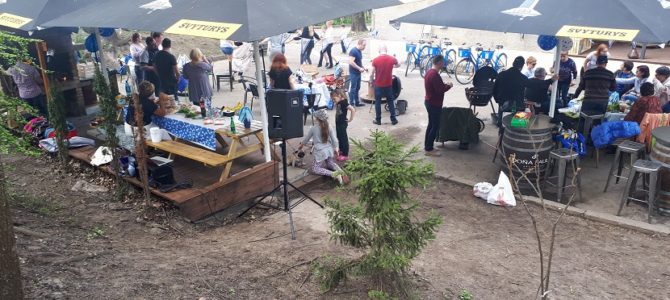
![]()


